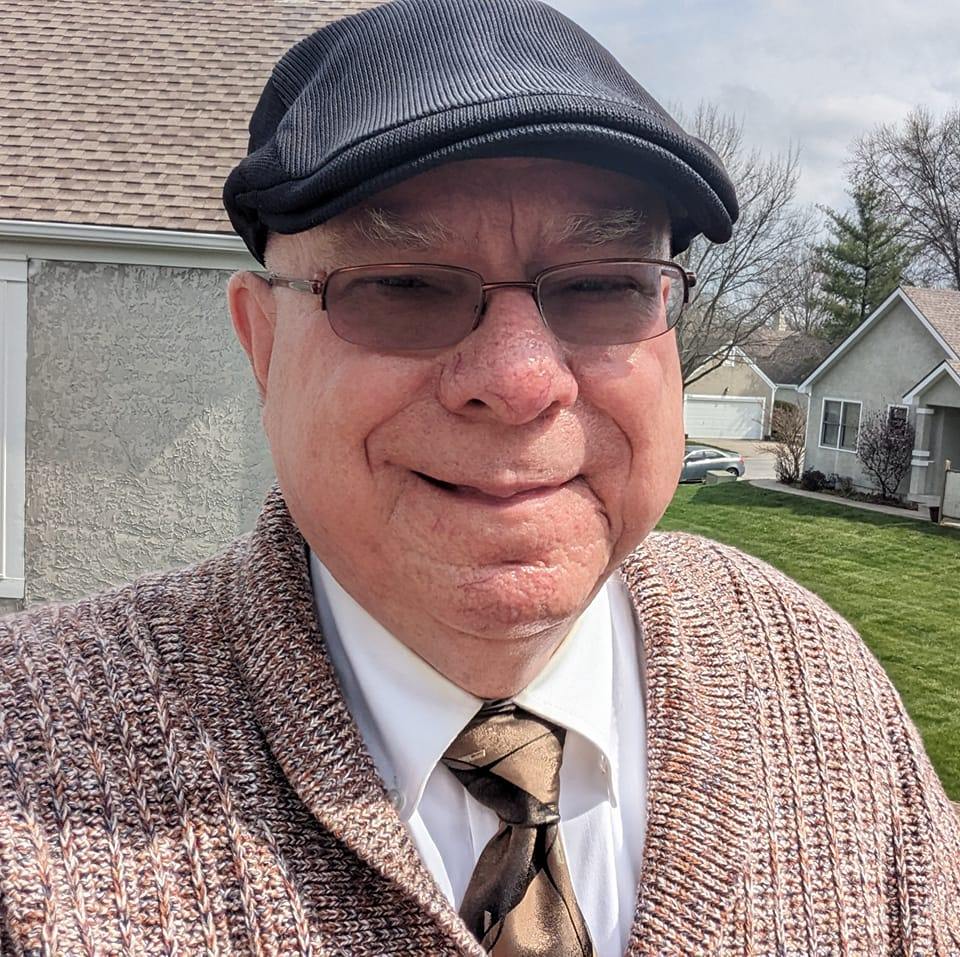Right Length for a Residential Recovery Program?
 Awhile ago, I was asked by a staff member of a rescue mission, “We want to lengthen our drug/alcohol program from ninety days to 42 weeks. Is this too long a time to expect a man to stay on a program?”
Awhile ago, I was asked by a staff member of a rescue mission, “We want to lengthen our drug/alcohol program from ninety days to 42 weeks. Is this too long a time to expect a man to stay on a program?”
Unlike programs that rely on government or insur ance funds, rescue missions have no funding constraints to restrict how long an addict can remain in their programs. There is no set formula that we can use to determine how long it will take people to put their lives back together. Therefore, it is best to avoid setting definite time limits for pro grams. When a program has a set 90 day length, often on about day 80 the residents’ minds and hearts are already out the door. Even though we might feel they need more time in the program, when graduation day is not far off, it is extremely difficult to convince them to stay any longer.
A. Goal Oriented vs. Time Oriented — Instead of limiting programs to a certain number of days or months, it is best to divide them into definite phases that are goal oriented rather than time oriented. Some mission programs use three phases based on the Twelve Steps: Phase I — Steps 1-5, Phase 2 — Steps 6-9, Phase 3 — Steps 10-12. Others use different activities or accom plishments to determine when residents move to the next phase. This approach creates a sense of movement, with genuine bench marks of achievement for participants to work toward. A string of such successes can promote greater self-esteem and commitment to completing the program.
B. The Key to an Individualized Program – Personalized goals and objectives are best developed after an in-depth intake and assessment process. Taking time to identify par ticipants’ needs in this manner communicates that the program staff is committed to really knowing them and will work with them on a personal basis. With this type of system, how long an indi vidual will stay in the program can be addressed by saying, “We ask all those who come into our program to make a commitment of at least 90 days. Most stay anywhere from 6-8 months.” We can say this because people grow at different rates. Some can accom plish their treatment goals and objectives in a shorter time period, while others with more issues in their lives to work on may need a longer stay.
Here’s a few other responses were I got from other program staff and directors:
“When a man receives Christ, he is a new creation, but he still carries a lot of baggage from the old life. To quote Jerry Dunn, author of God Is For The Alcoholic, you can get rid of the stinking drinking in two days (detox), but it takes two years to get rid of the stinking thinking.”’ (Michael Fishback, Bakersfield Rescue Mission)
“I have come to the conclusion, after 22 years of observa tion, that programs must be custom designed to the individual. Some need 6-8 months and others need one year or more. Alert case workers [manage] the process of moving the client into the next phase of recovery… either a job, college or trade school and! or private living conditions outside the mission.” (Frank Jacobs, Miami Rescue Mission)
“The rule of thumb at Mel Trotter Ministries is one month of treatment for every year of addiction.” (Bill Dodge, Grand Rapids, MI)
“Our program is 12 months long and is divided into 4 phases, each one goal driven with a specific minimum time required. This is about a minimum for an addict/alcoholic to reach middle to late recovery, and have established a relationship with Christ, and The Body. About 60% of all men who enter our program stay to completion. I think one of the keys is to make the program increasingly challenging, and rewarding, so the program member stays alert, and interested.” (Bill Roscoe, Redwood Gospel Mission, Santa Rosa, CA)
“We increased our minimum time on the program to ten months. (The maximum time can be tailored to the individual.) Increasing the length of time on our program brought fewer gradu ates for a while, but the quality of graduates increased tremen dously, and the number of relapses and returning clients decreased.” (David Ganzert, John 3:16 Mission, Tulsa, OK)
I would appreciate your feedback on this question!
March/April 1997
Comments are closed.



